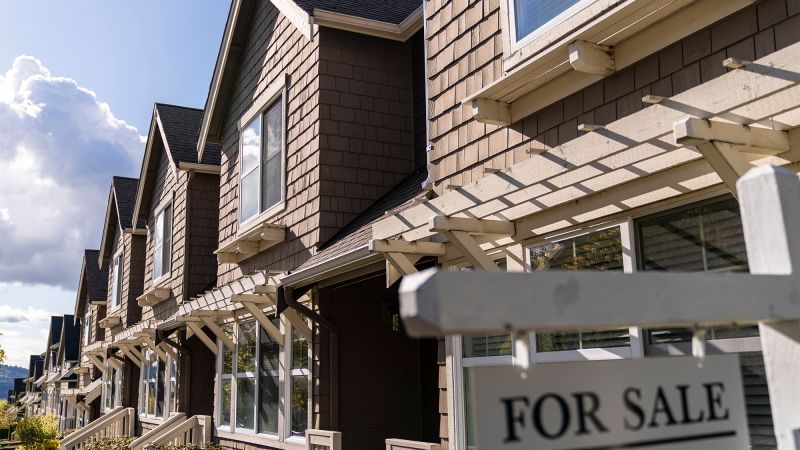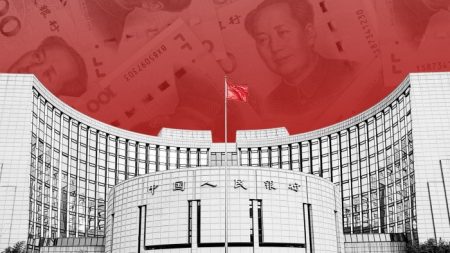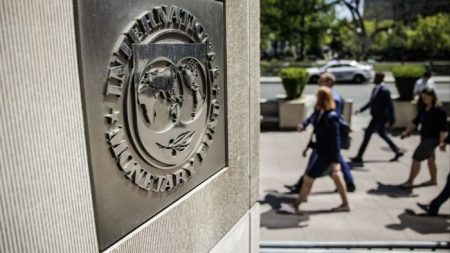Rising US home prices are heightening the housing affordability crisis for Americans, especially first-time buyers.
The median price of a previously owned home in the US grew 5.7% in April from a year earlier to $407,600, according to data from the National Association of Realtors released Wednesday. That was the fourth consecutive monthly increase and was a record for April prices.
Another gauge of prices by S&P Global has similarly showed that US home-price growth accelerated throughout the beginning of the year, especially in San Diego, Chicago and Detroit.
Housing affordability takes into account prices, household incomes and mortgage rates. Put together, it’s been a difficult time for prospective buyers, though the increase in prices has been a boon for homeowners since it means their wealth has grown.
NAR also reported that existing home sales, which make up the vast majority of transactions, fell 1.9% in April to a seasonally adjusted annual rate of 4.14 million. Sales fell in April for the second month in a row, declining across the country, as mortgage rates surged past 7%.
One shred of good news for housing in America, however, is that more homes are continuing to come to market.
“The upper-end market is experiencing a sizable gain due to more supply coming onto the market,” said Lawrence Yun, NAR’s chief economist, in a release.
He added that “home prices reaching a record high for the month of April is very good news for homeowners.”
The US housing market’s recovery from earlier in the year was cut short when it became clear the Federal Reserve likely won’t cut interest rates in the first half of 2024 — right as the crucial spring homebuying season kicked into high gear.
After plunging to multi-decade lows last fall, home sales began to rebound in early 2024 as housing supply improved and hopes grew that the Fed would begin to cut interest rates imminently. Then came signs that inflation’s slowdown had stalled.
Mortgage rates track the yield on the 10-year US Treasury note, which moves in anticipation of the Fed’s decisions on interest rates. Hotter-than-expected inflation readings sent bond yields surging and mortgage rates followed suit.
The standard 30-year fixed-rate mortgage surged past 7% in April, according to Freddie Mac data. At the same time, home prices continued to climb, tightening the grip on buyers. Low housing affordability typically crimps demand.
Yet that somehow didn’t deter some first-time buyers. The share of buyers who bought a home for the first time rose to 33% in April from 32% in March.
“I don’t know how they are able to do it,” Yun said. “Maybe later we will find out that they got some help from family members in terms of a down payment.”
America’s housing market indeed remains tough for many, but one key issue has improved throughout this year.
A chronic lack of available homes has been a longstanding issue for the market, putting upward pressure on prices and limiting buyers’ choices. The tide seems to have turned for now.
Total housing inventory at the end of April was 1.21 million units, up 9% from the prior month and 16.3% from a year earlier, NAR said. That was the fourth consecutive monthly increase in housing inventory, but it’s still not keeping up with demand.
“We still have tight inventory, despite the fact that we’ve had this increase,” Yun said. “It is still a very frustrating market out there. Home prices are at record highs, mortgage rates are high and a lack of inventory to some degree looks like it is hindering sales.”
This story has been updated with additional details and context.
Read the full article here













